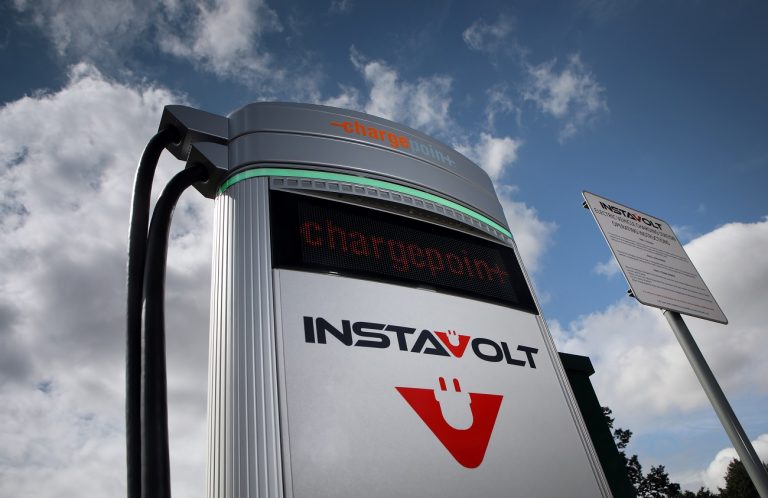A new study conducted by the AA found that there will be more electric vehicles (EVs) on the road than diesel in 9 years time. Quadrant Transport sits down with AA President, Edmund King OBE to discuss the research and what it means for the UK’s 2050 net-zero goals.
The study was conducted amongst 12,000 AA members and the focus was to discuss what percentage of cars on the road do they expect to be electric and whether they would buy electric for their next car.
It is expected that 19% of cars on the UK’s roads will be electric in 2030; compared to just under 17% of diesel cars. If the prediction is to come into fruition, this would be a dramatic shift in consumer attitudes as EVs currently count for less than 1% of cars on the road, while diesel counts for 39%.
AA President, Edmund King OBE told Quadrant Transport, “To achieve Government targets on zero-emissions we need to encourage more drivers to switch and almost half of AA members say they will consider an EV when they next change their car.”
How do different demographic accept EVs
This swell of EV support also reflects within different age demographics. 58% of 18-24-year-olds and 60% of 25-34-year-olds agreed that they would potentially make the switch. Support continues all the way through to the 35-44-year-olds where 59% would.
Regionally, London was most likely (60%) to ditch diesel and in terms of gender, women were slightly more likely (51%) to buy an electric car compared to men (49%).
For those who wouldn’t make the switch, two-thirds explained that EVs would be too expensive. On top of this, a similar amount of people explained that there are not enough charge points in their local area, specifically in more rural regions.

One way in which the Government is looking to incentivise people is through a green number plate strategy and it seems to be working. In a separate observation, one in five people said the green plates would influence them to switch.
Drivers could benefit from local initiatives such as cheaper parking and cost-free entry into zero-emission zones where those with a green number plate will be recognised as eligible.
Edmund rounded up by explaining “I first drove an EV in 2001 and they have come on leaps and bounds since then. I am pleased to be one of the first to get a green plate on my EV.”

